About Us
Our mission and philosophy
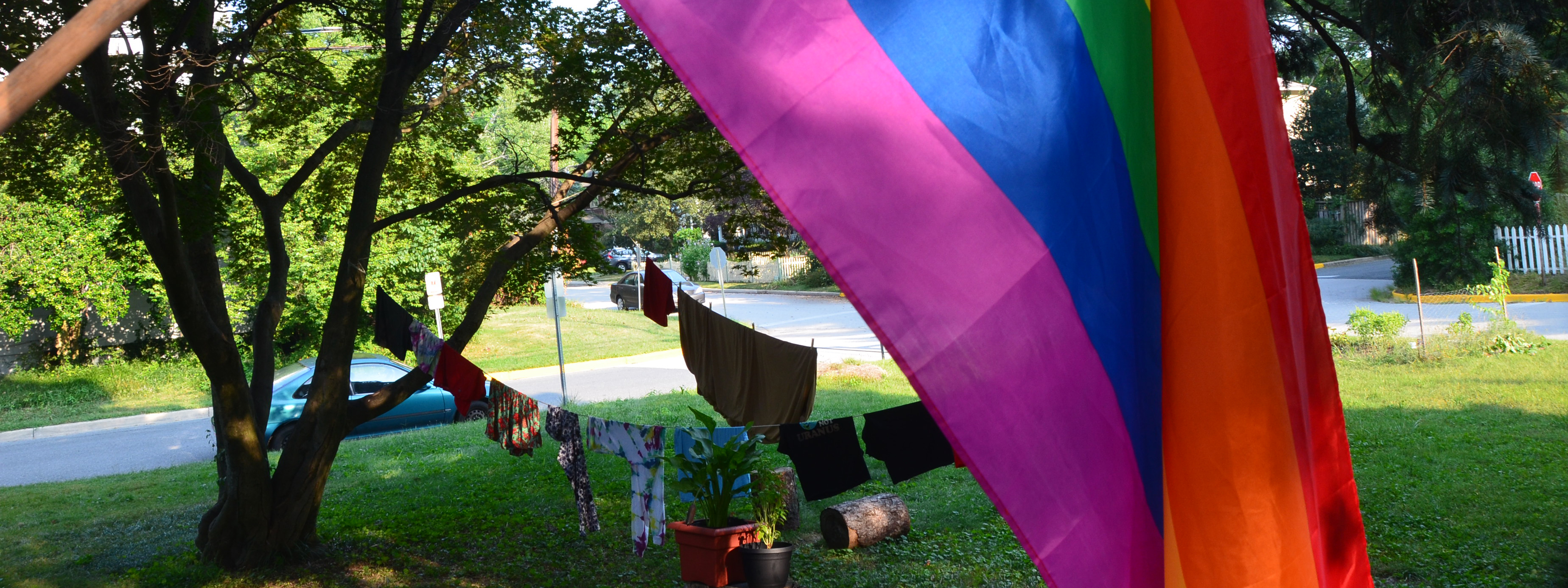
What is cooperative housing?
A zero-equity housing cooperative is a not-for-profit organization that seeks to provide affordable housing and foster community among residents through shared meals, chores, and events. Housing cooperatives are always democratically owned and managed by their members.
Usually, the housing cooperative owns property or is working toward property ownership (in our case, the latter).
You may have heard of housing cooperatives in New York or other cities in which residents own a condo or apartment and engage with other members in the collective management of the apartment complex or community. Individuals hold title to condos or other units and can sell their units at a profit. While this has some similarities to our model, namely member ownership and management, it is very different – in the model we practice, the nonprofit organization that members run holds title to property, not individuals, and the organization cannot sell property at a profit. Hence, it is a zero-equity model.

What is CHUM?
CHUM is a zero-equity housing cooperative serving the community near the University of Maryland in College Park, just outside Washington DC. We have an open membership policy, meaning all members of the community willing to contribute to the cooperative in certain specified ways are welcome. Additionally, CHUM believes cooperating with non-members and improving the vitality of the College Park community is very important. We host weekly community potlucks open to all of College Park. Finally, many CHUM members are vegetarian or vegan, promoters of social justice, and environmentally conscious.
Our Core Principles and Values
In general, cooperatives around the world operate according to the same core principles and values, adopted by the International Co-operative Alliance in 1995. Cooperatives trace the roots of these princples to the first modern cooperative founded in Rochdale, England in 1844.
Scroll for more
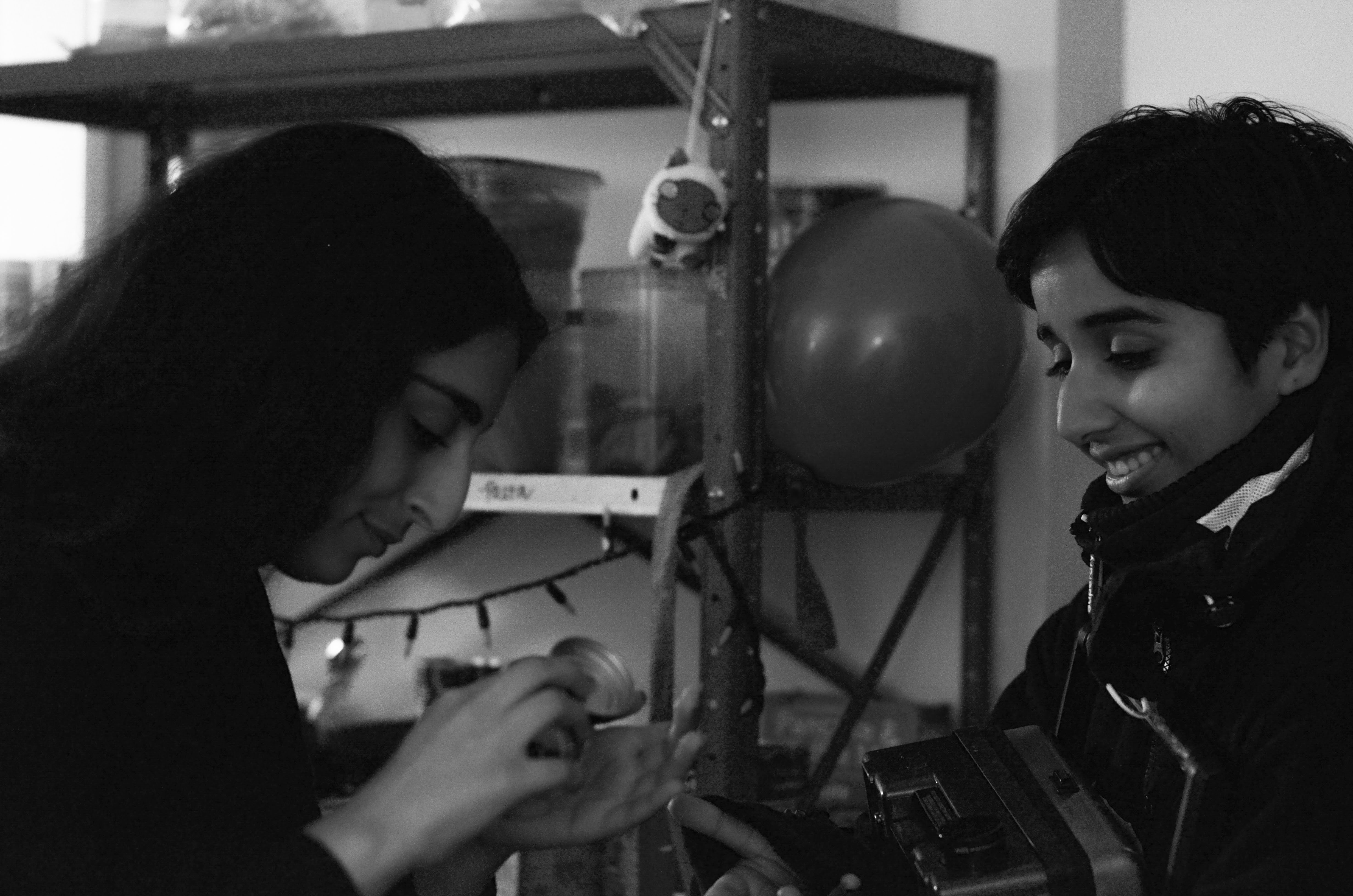
Voluntary and Open Membership
Cooperatives are voluntary organizations; open to all people able to use its services and willing to accept the responsibility of membership, without gender, social, racial, political, or religious discrimination.

Member Control
Cooperatives are democratic organizations controlled by their members --those who buy the goods or use the services of the cooperatives-- who actively participate in setting policies and making decisions.
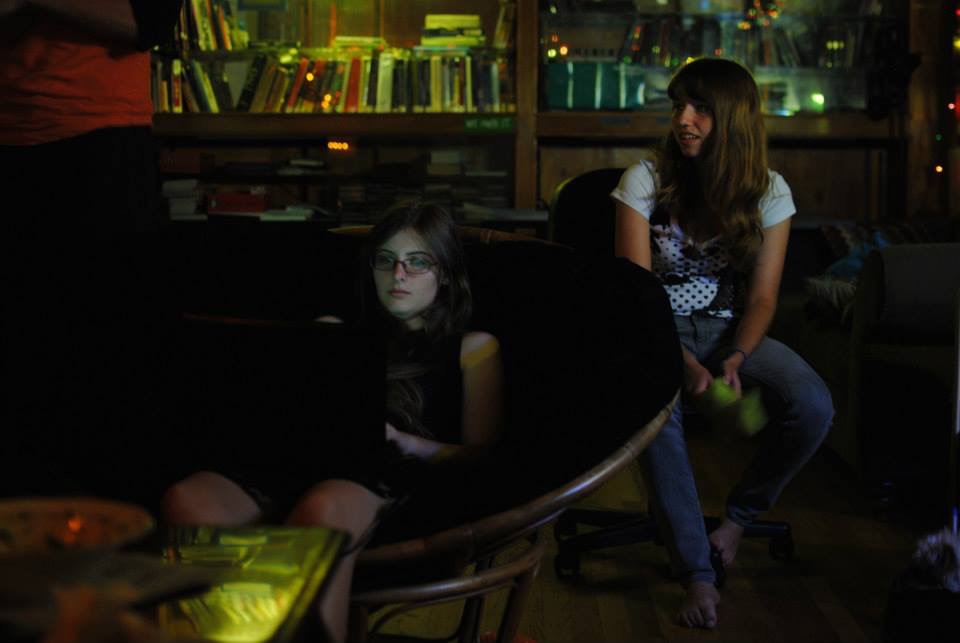
Members' Economic Participation
Members contribute equally to, and democratically control, the capital of the cooperative. This benefits members in proportion to the business they conduct with the cooperative rather than on the capital invested.
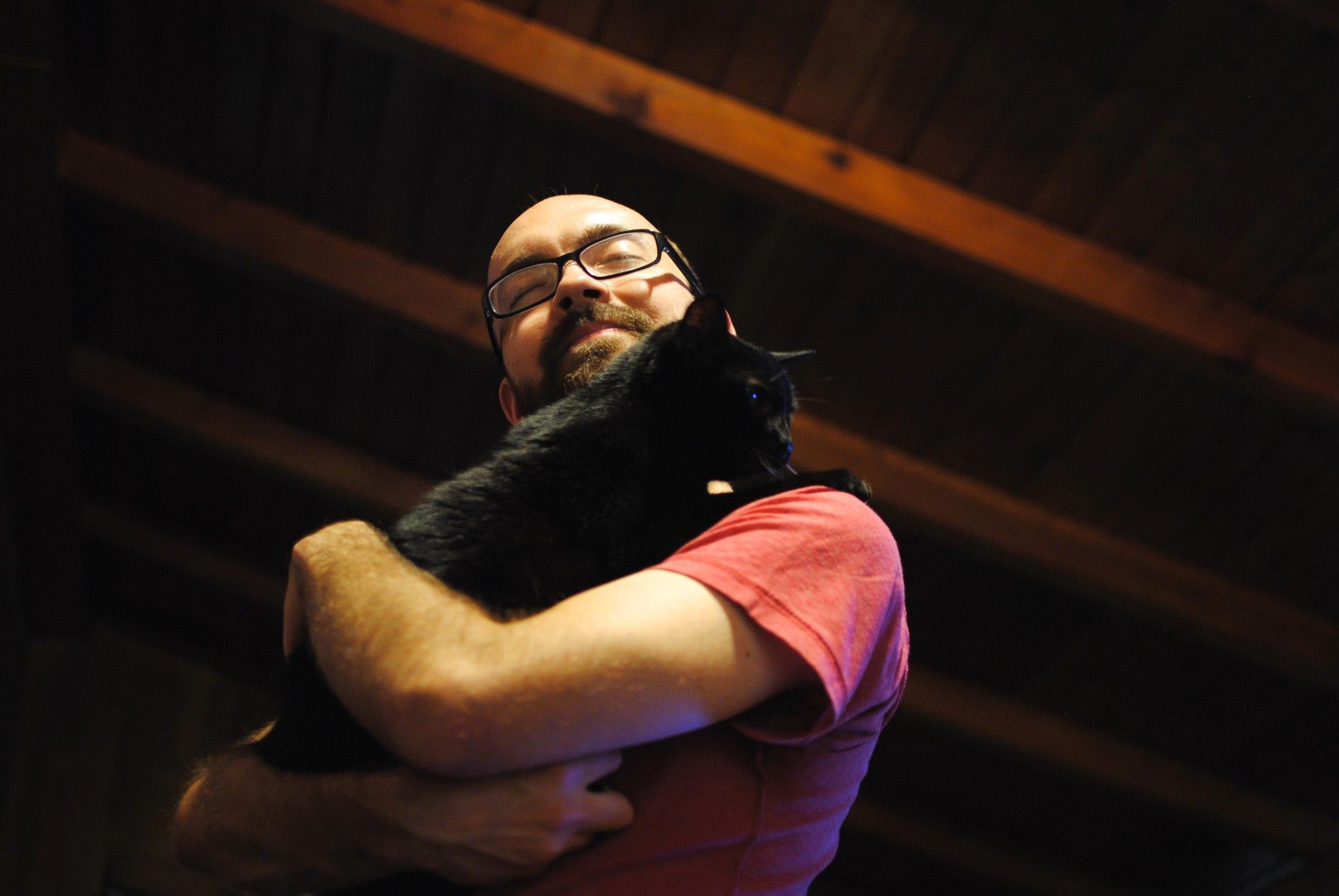
Autonomy and Independence
Cooperatives are autonomous, self-help organizations controlled by their members. If the co-op enters into agreements with other organizations or raises capital from external sources, it is done so based on terms that ensure democratic control by the members and maintains the cooperative's autonomy.
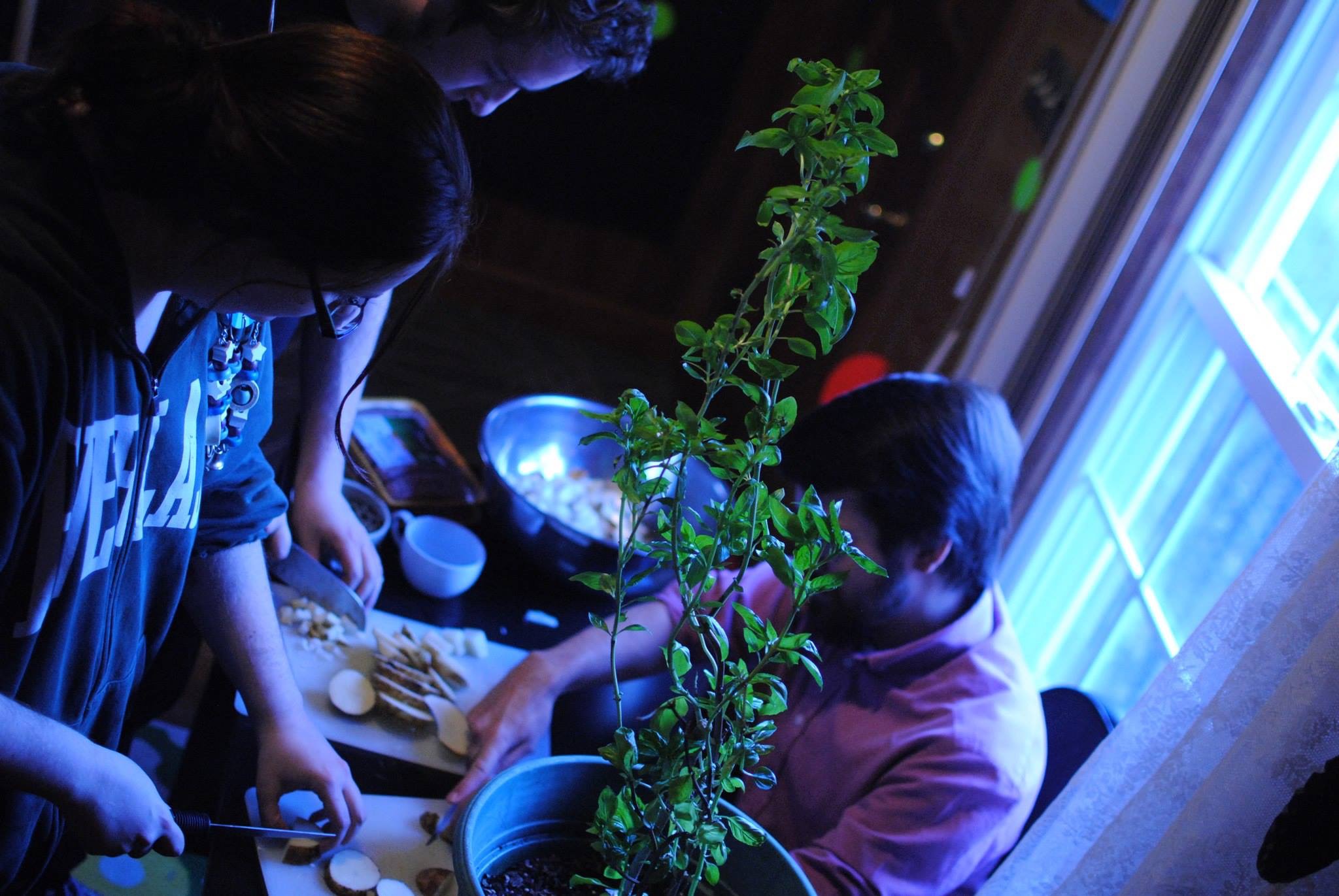
Education, Training, and Information
Cooperatives provide education and training for members, elected representatives, managers and employees so they can contribute effectively to the development of their cooperative. Members also inform the general public about the nature and benefits of cooperatives.

Cooperation among Cooperatives
Cooperatives serve their members most effectively and strengthen the cooperative movement by working together through local, national, regional, and international structures.
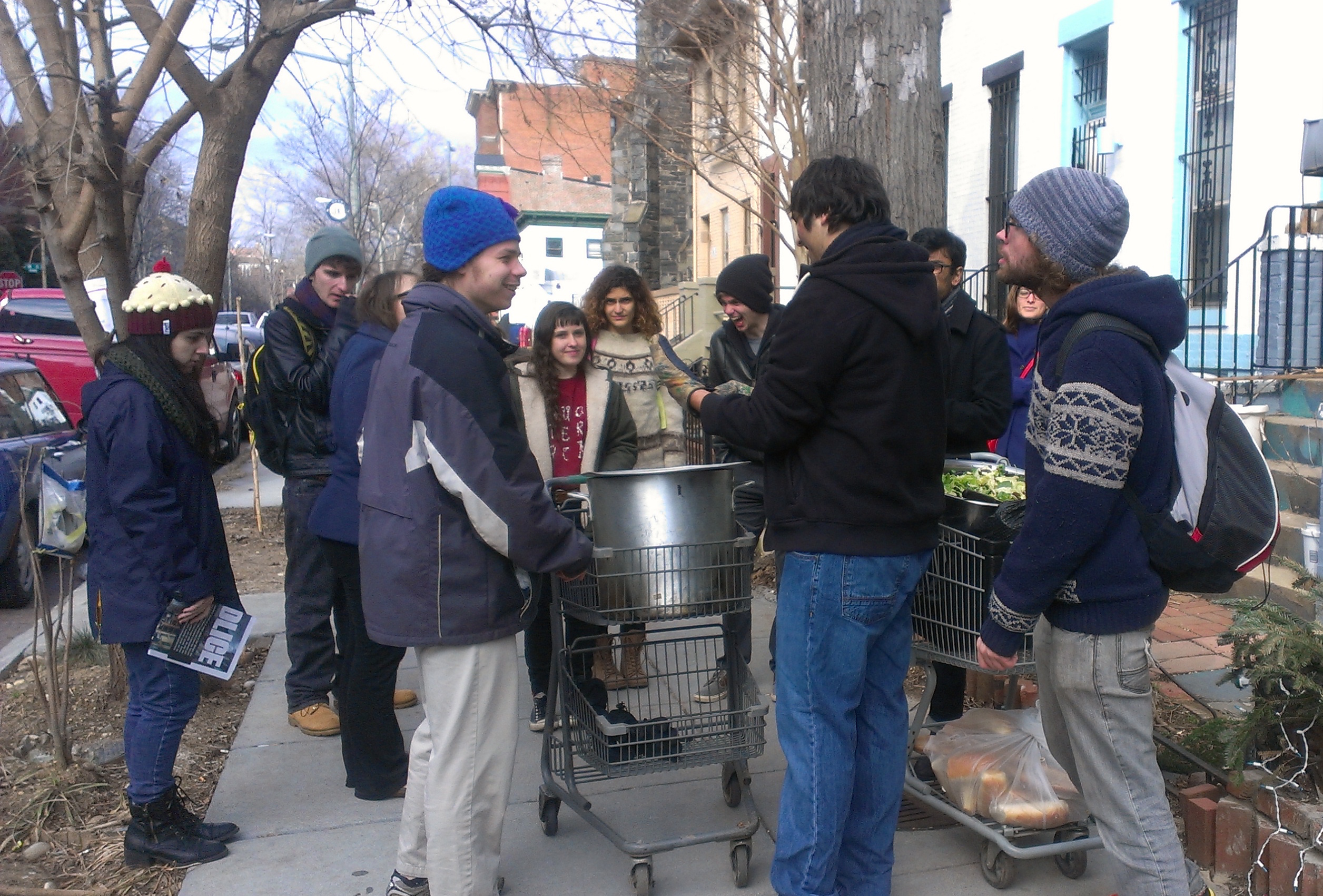
Concern for Community
While focusing on member needs, cooperatives work for the sustainable development of communities through policies and programs accepted by the members.
How CHUM Works
As an intentional community, we have several structural elements to keep individual houses and the entire organization running smoothly:
House Level
Specific policies vary, but all of our houses share several structural tenets:
- Share chores using a chore wheel or a variety of other methods
- Pay into a grocery fund every 2-4 weeks that is used to buy shared food
- Maintain a cooking schedule so that someone cooks dinner for the house all or most days of the week
- Hold weekly or biweekly house meetings to share updates and concerns, and make changes to house policy with consensus.
CHUM-Wide Level
- Various committees handle the regular proceedings of CHUM, like the application process, rent collection, and peer mediation
- Occasional short-term projects are handled by workgroups
- A board of directors composed of a president, secretary, and treasurer is elected annually
- Changes to CHUM policies and the bylaws can be made with consensus of attending members at biweekly general body meetings.
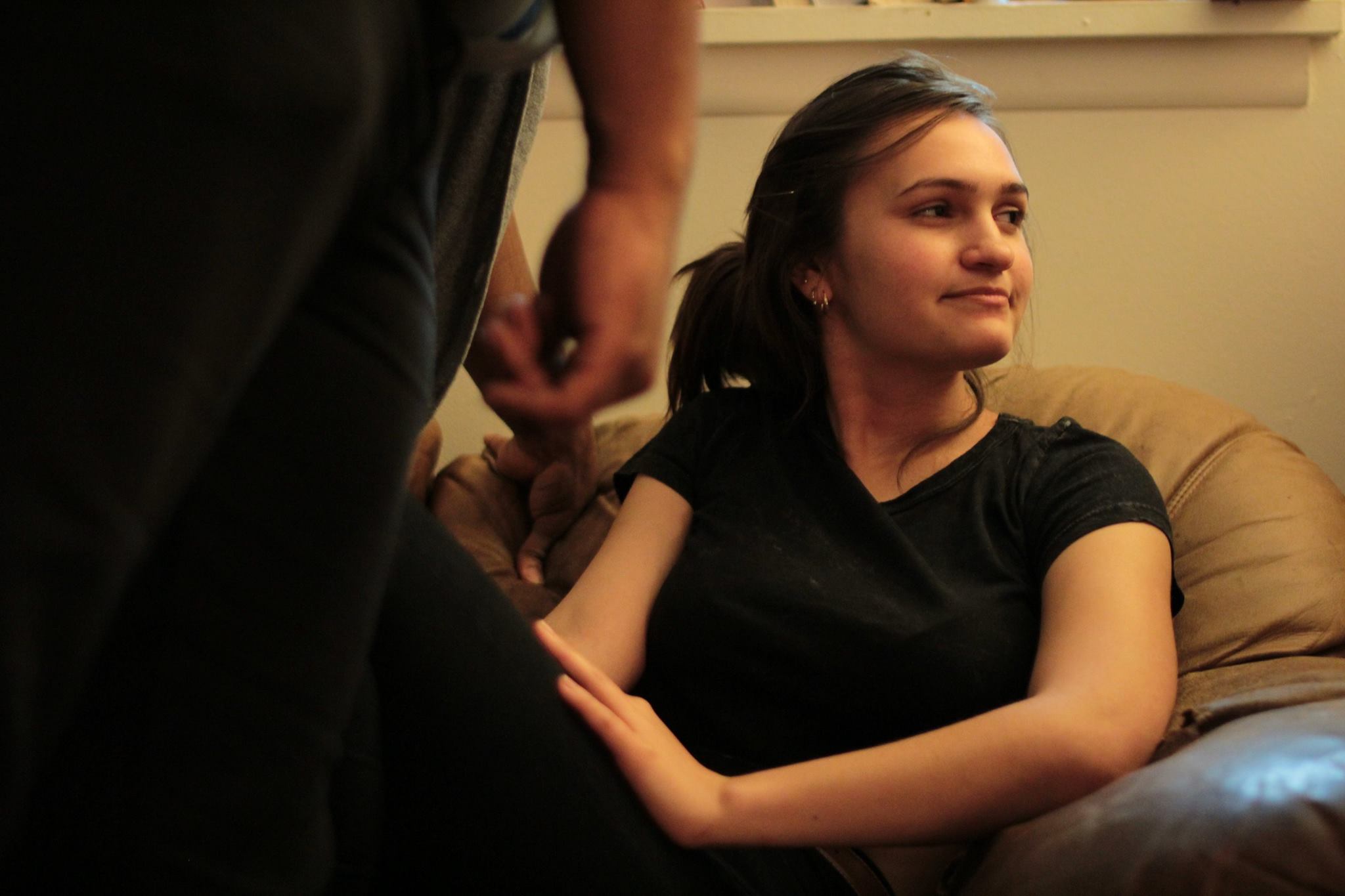
The Cost
By working together and pooling our knowledge and resources, we can keep housing costs in CHUM lower than anything else you'll find in College Park:
- Rent in a double ranges from $350 to $400 per month, while rent for a single room ranges from $550 to $650.
- Each resident's total utility costs (electricity, gas, water, internet, and TV in some houses) are $50-80 per month
- Each house decides how much to spend on groceries, but most have found that $50-70 per person is enough to feed everybody each month
We're able to keep food costs low by buying in bulk and sharing - most houses cook and eat dinner together at least five nights a week.
We also aim to provide housing for low-income individuals, and we don't want to deprive anyone of a roof over their head just because they're in financial stress. That's why we offer payment plans and rent emergency loans so that members can pay their rent in small installments over several months, or if necessary, get their rent due date extended, penalty-free, for up to 30 days.
Why we are needed in College Park
In a metro area with high demand, affordable housing options are scarce – worse, student demand for housing drives rental prices up further. One major role of a co-op in this environment is to try and counteract this pressure on pricing by permanently preserving properties as affordable dwellings.
In addition, our co-op's unique proximity to the University brings forward the possibility of exposing future leaders or University affiliates with an alternative model for solving the problems of economic disparity and community degradation.Co-ops are especially unique in the requirement that membership be actively involved and crucial in determining the direction of the co-op. The principal of member ownership is important both personally and societally. This not only gives members greater autonomy over their own lives but also leads them to engage and involve themselves outside of the co-op because they now have invaluable experience in consensus decision-making, running a business, and generally being active participants in an institution.
Finally, co-ops are unique in the close bonds they foster amongst members and in the way they connect with their neighbors as a permanent fixture of the community. A higher-density, community-centered model of living that brings together strangers to live together and help each other is an excellent alternative to traditional family structures that are not available or desirable to everyone.